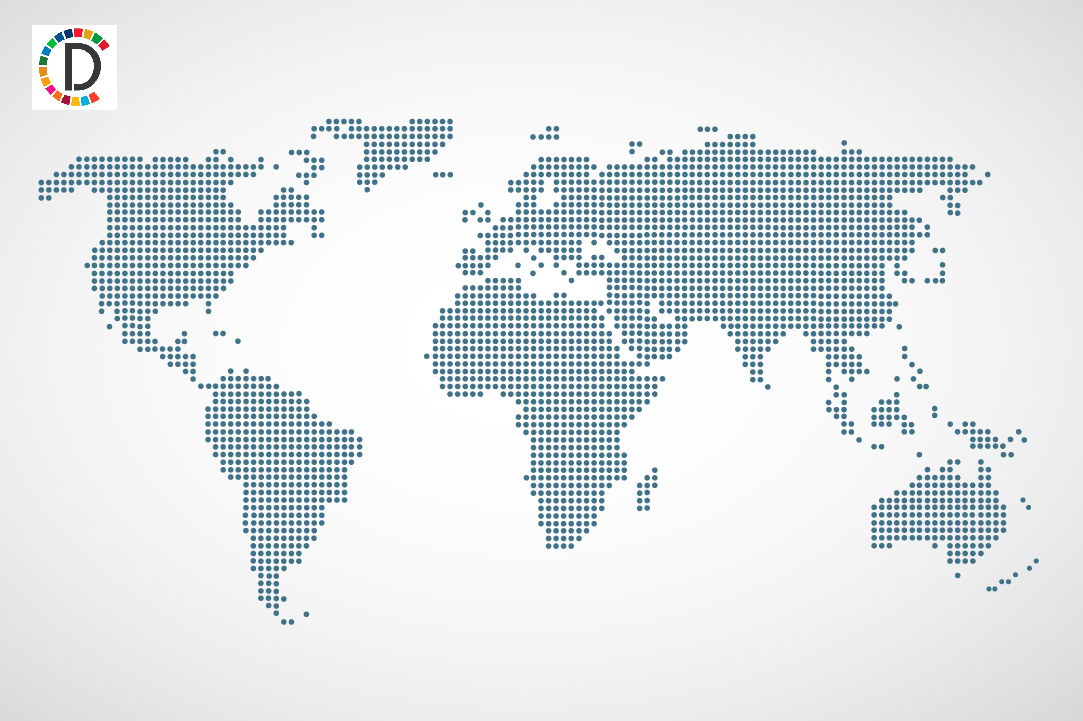Macron Vows Peace Amid New Caledonia Riots Over Electoral Reform
President Emmanuel Macron promises to maintain police reinforcements in New Caledonia amid deadly riots sparked by a contested electoral reform. The island remains under state of emergency with protests against changes that could affect indigenous Kanak voters. Macron aims to restore order and initiate dialogues for political resolution.

President Emmanuel Macron said on Thursday police reinforcements in New Caledonia would remain as long as required, after arriving in the French-ruled Pacific island trying to end deadly riots triggered by a contested electoral reform. Six people have been killed in riots that have left a trail of looted shops and torched cars and businesses since they began more than a week ago.
"In the coming hours and days, massive new operations will be scheduled where necessary, and republican order in its entirety will be re-established because there is no other choice," Macron said during a meeting with political and business leaders of the island. With the island under a state of emergency, Macron said the additional security totalling 3,000 personnel would remain, even during the Paris Olympics if required.
"I personally believe that the state of emergency should not be extended," he said, adding it would be lifted only when protesters remove the roadblocks. Protesters fear the electoral reform, already passed by lawmakers in mainland France some 16,000 km (10,000 miles) away, will dilute the votes of indigenous Kanaks, who make up 40% of the island's population of 270,000 people, and make it harder for any future referendum on independence to pass.
As it is a constitutional reform, it requires a meeting of both houses of parliament for it to be ratified and Macron has yet to announce a date for that. PEACE TOP PRIORITY
Indigenous Kanak political leaders joined the meeting with Macron, including the president of New Caledonia's government, Louis Mapou, and the president of its Congress, Roch Wamytan, who was a signatory to a 1998 Noumea Accord that ended a decade of violence by outlining a path to gradual autonomy. The expiry of the accord in 2021 and a Kanak boycott of an independence referendum held during the COVID-19 pandemic has since created a political impasse.
Wamytan leads Caledonian Union, the largest party within the pro-indepedence Front de Liberation Nationale Kanak et Socialiste (FLNKS) bloc. Before the meeting, FLNKS issued a statement saying it expected Macron to make a strong announcement that could "breathe new life" into dialogue between the accord partners.
Macron said the aim of the meeting, which also includes French loyalists, was to get all parties back around the table. "Calming down cannot mean turning back the clock. Calming down cannot mean disregarding the popular expression that has already taken place," he said.
Macron told reporters earlier on Thursday a return to peace and security would be the top priorities of his trip, and he would tackle New Caledonia's most sensitive political issues. Aides say Macron has no pre-conceived plan and will talk with all parties about reconstruction in the wake of the riots, as well as about politics, but is unlikely to rush into any major decision.
This may disappoint some local groups, including FLNKS, who want Macron to shelve the electoral reform that Paris says is needed to improve democracy on the island. The Noumea Accord had frozen electoral rolls, and the reform would allow thousands more French residents who have lived in New Caledonia for 10 years to vote in provincial elections. FLNKS said Macron must also allow more time for a political agreement on the future of the island to be discussed.
France annexed New Caledonia in 1853 and gave the colony the status of overseas territory in 1946. It is the world's No. 3 nickel miner but the sector is in crisis and one in five residents lives below the poverty threshold. Thousands of tourists have been stranded by the unrest, with France, Australia and New Zealand organising flights to extract hundreds of people.
(This story has not been edited by Devdiscourse staff and is auto-generated from a syndicated feed.)
ALSO READ
Delhi Police Constable Arrested in Narcotics Bust
Former Andhra CM Jagan Mohan Reddy, two IPS officers booked in ''attempt to murder'' case: Police.
Policeman Fires in Self-Defence, One Injured at Nampally Station
Delhi High Court Demands Police Report in Kanjhawla Hit-and-Run Case
Terror Alert Issued for Karachi Police During Muharram










